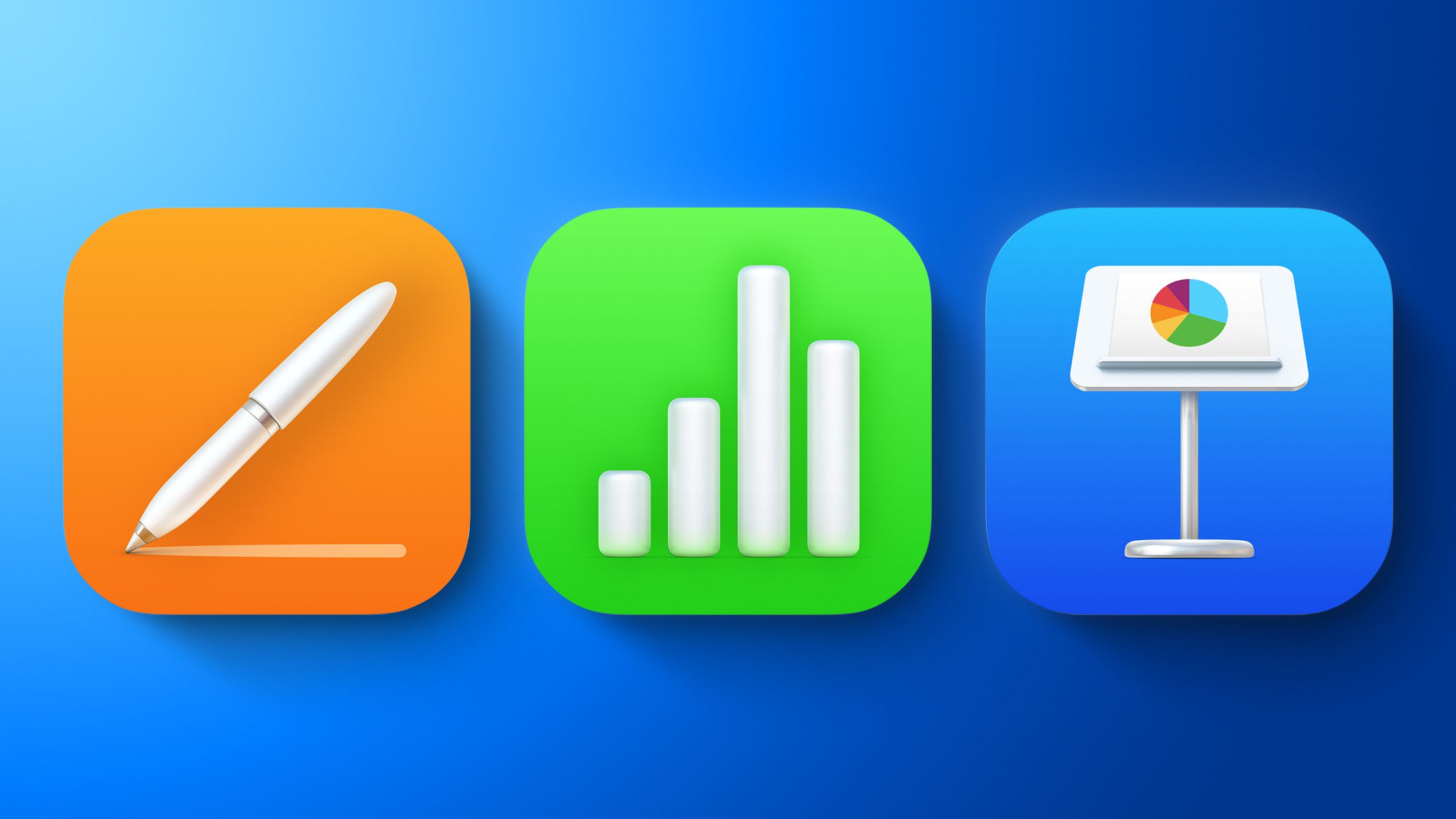How AI is revolutionizing the way we build for the web.
AI is revolutionizing the way we build for the web by introducing smarter, faster, and more efficient development processes. It is reshaping everything from design and user experience to content creation, optimization, and security. Automated Web Design: AI-powered design tools like Figma, Adobe Sensei, and Wix ADI are making it easier to create visually appealing websites without the need for a professional designer. These tools use AI to suggest design layouts, color schemes, and typography based on user preferences or existing data. Some tools even offer AI-assisted responsive design, ensuring websites adapt seamlessly to any screen size with minimal human input. Intelligent Content Personalization: AI allows for highly personalized user experiences. Websites can use AI algorithms to analyze user data and behavior in real-time and adapt the content shown to individual users, making it more relevant and engaging. For example, eCommerce sites use AI to recommend products based on user history, browsing behavior, and preferences, enhancing conversion rates and customer satisfaction. Enhanced UX/UI with AI: AI chatbots like Dialogflow, ChatGPT, and Botpress are revolutionizing customer support by providing immediate, human-like responses to user queries. This improves user interaction with websites and reduces bounce rates. AI-driven accessibility tools help make websites more inclusive. These tools can automatically adjust content to suit different user needs, such as font size adjustments, screen readers, or color contrast for visually impaired users. AI-Powered Code Assistance and Generation: AI tools like GitHub Copilot and Tabnine are streamlining the development process by providing intelligent code suggestions, autocompletions, and error fixes. This speeds up coding and reduces the chances of bugs. AI-based code generation also allows developers to write boilerplate code faster, leaving them with more time for creative problem-solving and application logic. Predictive Analytics for Optimization: AI algorithms can analyze website traffic and user behavior to predict trends and optimize content, layout, and SEO strategies. By predicting which parts of a site are likely to be most engaging, AI helps developers prioritize what to focus on. AI-powered A/B testing allows for continuous optimization of websites by automatically testing various elements like headlines, images, or button placements to identify which combination performs best. Automated Testing and Quality Assurance: AI is changing the way websites are tested. Tools like Selenium, Testim, and Applitools use AI to run automated tests that check everything from visual elements to functional features. AI can intelligently identify potential bugs and issues, prioritizing them based on how critical they are for user experience, reducing the time spent on testing. Voice and Visual Search Integration: AI-powered voice assistants like Alexa, Google Assistant, and Siri are increasingly integrated into websites, enabling users to search and interact with sites using voice commands. Visual search capabilities, powered by AI, allow users to search using images rather than text, improving the user experience and offering more dynamic ways for users to engage with content. Improved Web Security: AI plays a significant role in enhancing website security. Machine learning algorithms can detect suspicious behavior and anomalies in real-time, identifying potential threats like DDoS attacks, phishing attempts, or malicious scripts. AI-powered authentication systems like facial recognition and fingerprint scanning are making it easier to ensure secure logins and protect user data. Faster and Smarter SEO Optimization: AI tools like Surfer SEO, Frase, and MarketMuse can analyze SEO trends and suggest improvements to website content, helping developers rank higher on search engines. These tools use natural language processing (NLP) to understand user intent and provide recommendations to improve SEO strategy. Content generation tools powered by AI can also write SEO-friendly content, significantly speeding up the content creation process for web developers and marketers. AI-Powered Web Performance Optimization: AI can help optimize web performance by identifying bottlenecks, such as slow-loading images or unoptimized scripts. Tools powered by AI automatically adjust and improve load times to provide users with a faster browsing experience, thus improving site rankings and user satisfaction. Content Creation and Management: AI is revolutionizing content creation for websites. Tools like Jasper AI and Copy.ai use NLP to generate blog posts, articles, and other types of content that are human-like, SEO-optimized, and relevant to the target audience. AI can also automate content management, such as tagging, categorizing, and suggesting new content based on user interaction and trends. Conclusion: AI is undeniably transforming web development by making the process mo
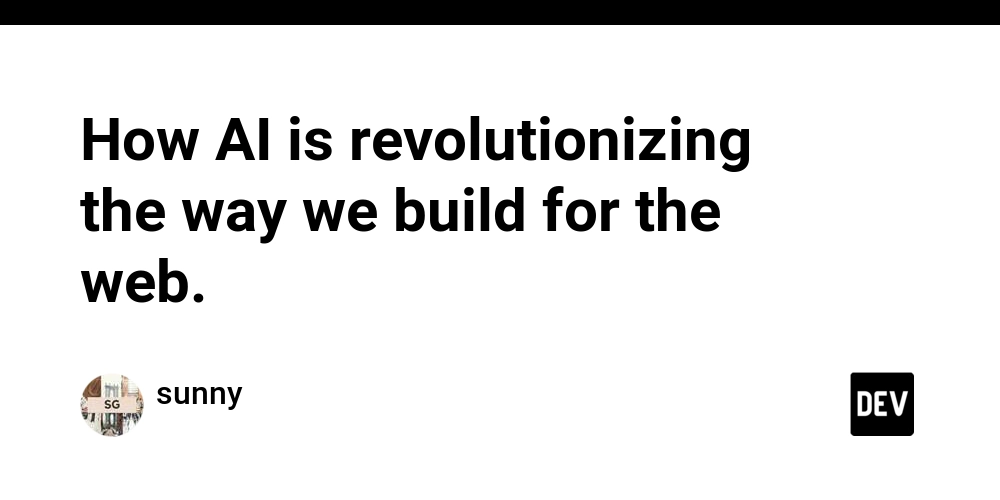
AI is revolutionizing the way we build for the web by introducing smarter, faster, and more efficient development processes. It is reshaping everything from design and user experience to content creation, optimization, and security.
Automated Web Design:
AI-powered design tools like Figma, Adobe Sensei, and Wix ADI are making it easier to create visually appealing websites without the need for a professional designer. These tools use AI to suggest design layouts, color schemes, and typography based on user preferences or existing data.
Some tools even offer AI-assisted responsive design, ensuring websites adapt seamlessly to any screen size with minimal human input.Intelligent Content Personalization:
AI allows for highly personalized user experiences. Websites can use AI algorithms to analyze user data and behavior in real-time and adapt the content shown to individual users, making it more relevant and engaging.
For example, eCommerce sites use AI to recommend products based on user history, browsing behavior, and preferences, enhancing conversion rates and customer satisfaction.Enhanced UX/UI with AI:
AI chatbots like Dialogflow, ChatGPT, and Botpress are revolutionizing customer support by providing immediate, human-like responses to user queries. This improves user interaction with websites and reduces bounce rates.
AI-driven accessibility tools help make websites more inclusive. These tools can automatically adjust content to suit different user needs, such as font size adjustments, screen readers, or color contrast for visually impaired users.AI-Powered Code Assistance and Generation:
AI tools like GitHub Copilot and Tabnine are streamlining the development process by providing intelligent code suggestions, autocompletions, and error fixes. This speeds up coding and reduces the chances of bugs.
AI-based code generation also allows developers to write boilerplate code faster, leaving them with more time for creative problem-solving and application logic.Predictive Analytics for Optimization:
AI algorithms can analyze website traffic and user behavior to predict trends and optimize content, layout, and SEO strategies. By predicting which parts of a site are likely to be most engaging, AI helps developers prioritize what to focus on.
AI-powered A/B testing allows for continuous optimization of websites by automatically testing various elements like headlines, images, or button placements to identify which combination performs best.Automated Testing and Quality Assurance:
AI is changing the way websites are tested. Tools like Selenium, Testim, and Applitools use AI to run automated tests that check everything from visual elements to functional features.
AI can intelligently identify potential bugs and issues, prioritizing them based on how critical they are for user experience, reducing the time spent on testing.Voice and Visual Search Integration:
AI-powered voice assistants like Alexa, Google Assistant, and Siri are increasingly integrated into websites, enabling users to search and interact with sites using voice commands.
Visual search capabilities, powered by AI, allow users to search using images rather than text, improving the user experience and offering more dynamic ways for users to engage with content.Improved Web Security:
AI plays a significant role in enhancing website security. Machine learning algorithms can detect suspicious behavior and anomalies in real-time, identifying potential threats like DDoS attacks, phishing attempts, or malicious scripts.
AI-powered authentication systems like facial recognition and fingerprint scanning are making it easier to ensure secure logins and protect user data.Faster and Smarter SEO Optimization:
AI tools like Surfer SEO, Frase, and MarketMuse can analyze SEO trends and suggest improvements to website content, helping developers rank higher on search engines. These tools use natural language processing (NLP) to understand user intent and provide recommendations to improve SEO strategy.
Content generation tools powered by AI can also write SEO-friendly content, significantly speeding up the content creation process for web developers and marketers.AI-Powered Web Performance Optimization:
AI can help optimize web performance by identifying bottlenecks, such as slow-loading images or unoptimized scripts. Tools powered by AI automatically adjust and improve load times to provide users with a faster browsing experience, thus improving site rankings and user satisfaction.Content Creation and Management:
AI is revolutionizing content creation for websites. Tools like Jasper AI and Copy.ai use NLP to generate blog posts, articles, and other types of content that are human-like, SEO-optimized, and relevant to the target audience.
AI can also automate content management, such as tagging, categorizing, and suggesting new content based on user interaction and trends.
Conclusion:
AI is undeniably transforming web development by making the process more efficient, personalized, and optimized. From creating better user experiences to automating backend tasks, AI tools are helping developers deliver websites that are not only faster and smarter but also more engaging and secure. As AI continues to evolve, it will likely play an even greater role in shaping the future of web development.













































































































































































![[The AI Show Episode 142]: ChatGPT’s New Image Generator, Studio Ghibli Craze and Backlash, Gemini 2.5, OpenAI Academy, 4o Updates, Vibe Marketing & xAI Acquires X](https://www.marketingaiinstitute.com/hubfs/ep%20142%20cover.png)















































































































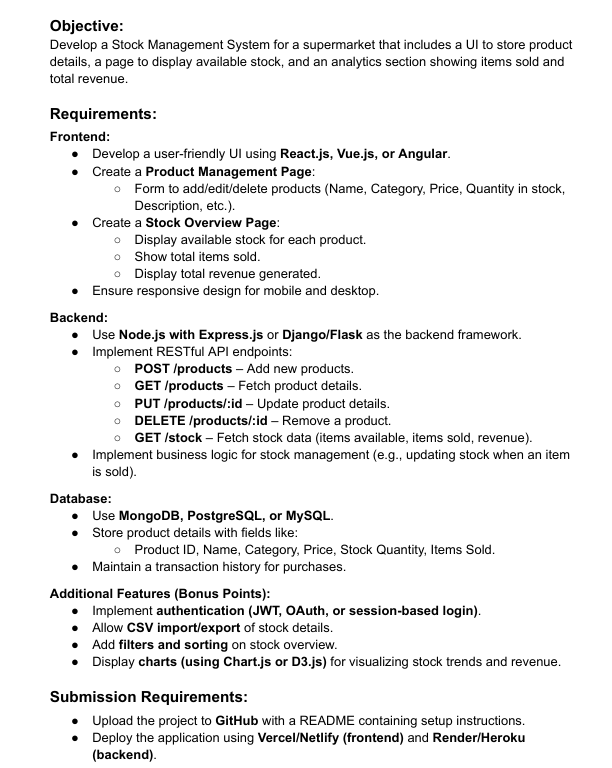















![[DEALS] Microsoft Office Professional 2021 for Windows: Lifetime License (75% off) & Other Deals Up To 98% Off – Offers End Soon!](https://www.javacodegeeks.com/wp-content/uploads/2012/12/jcg-logo.jpg)





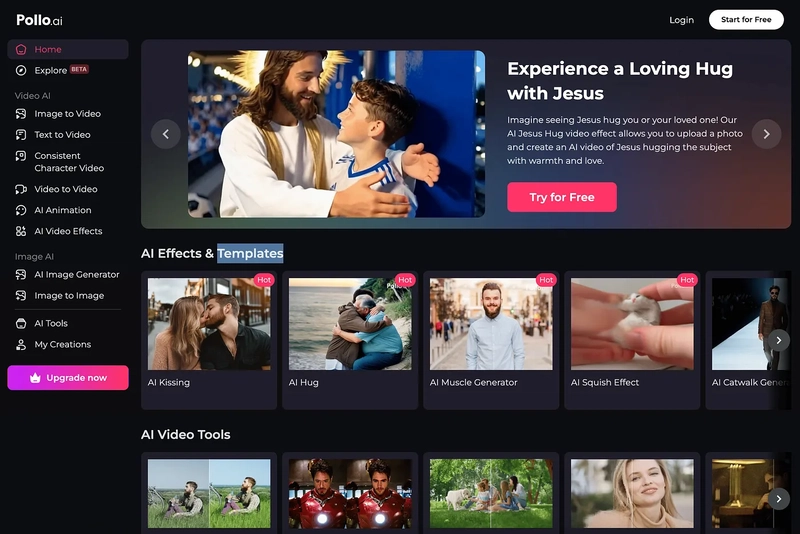









































































































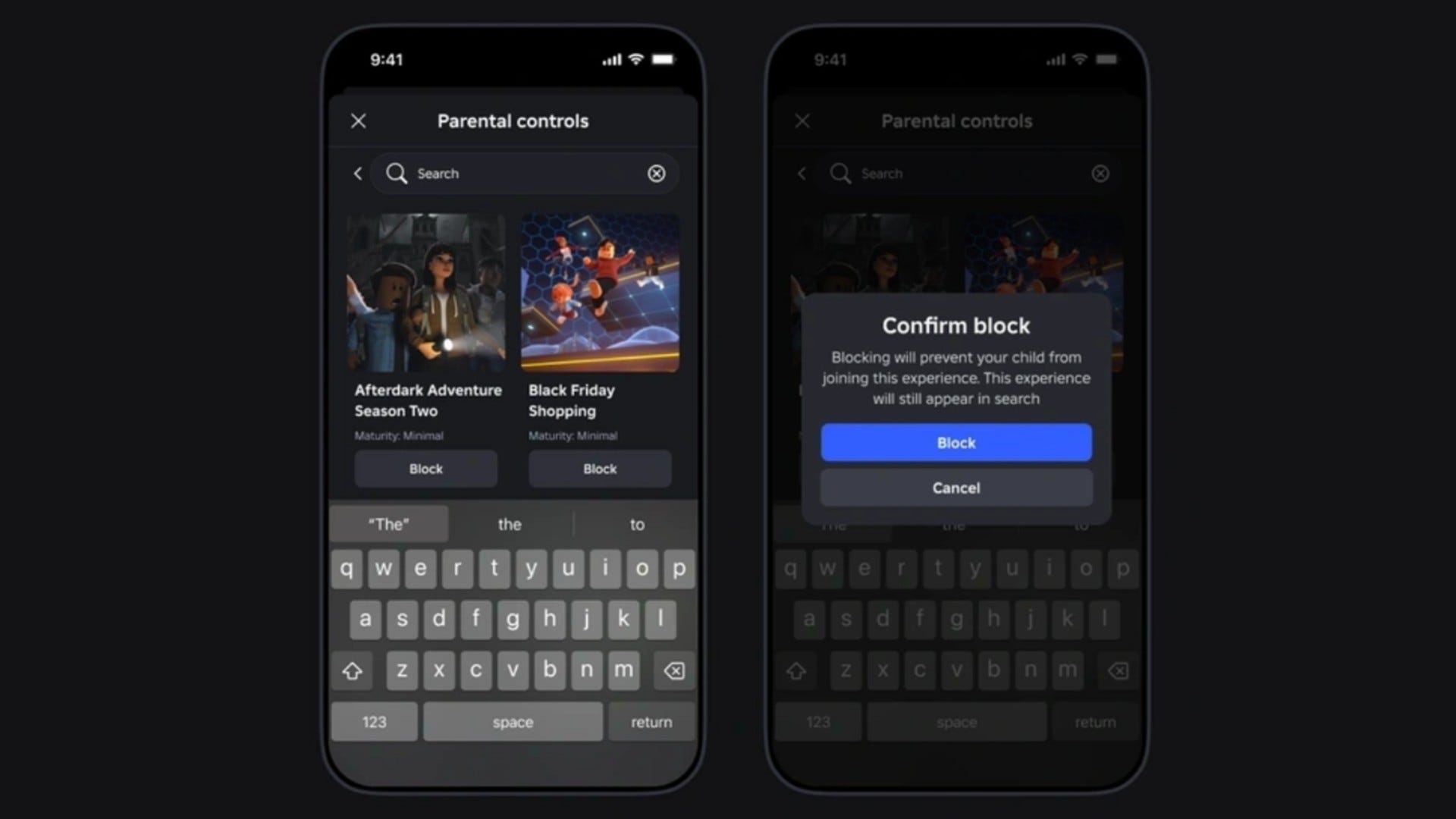





























_Anthony_Brown_Alamy.jpg?#)
_Hanna_Kuprevich_Alamy.jpg?#)




.png?#)



















































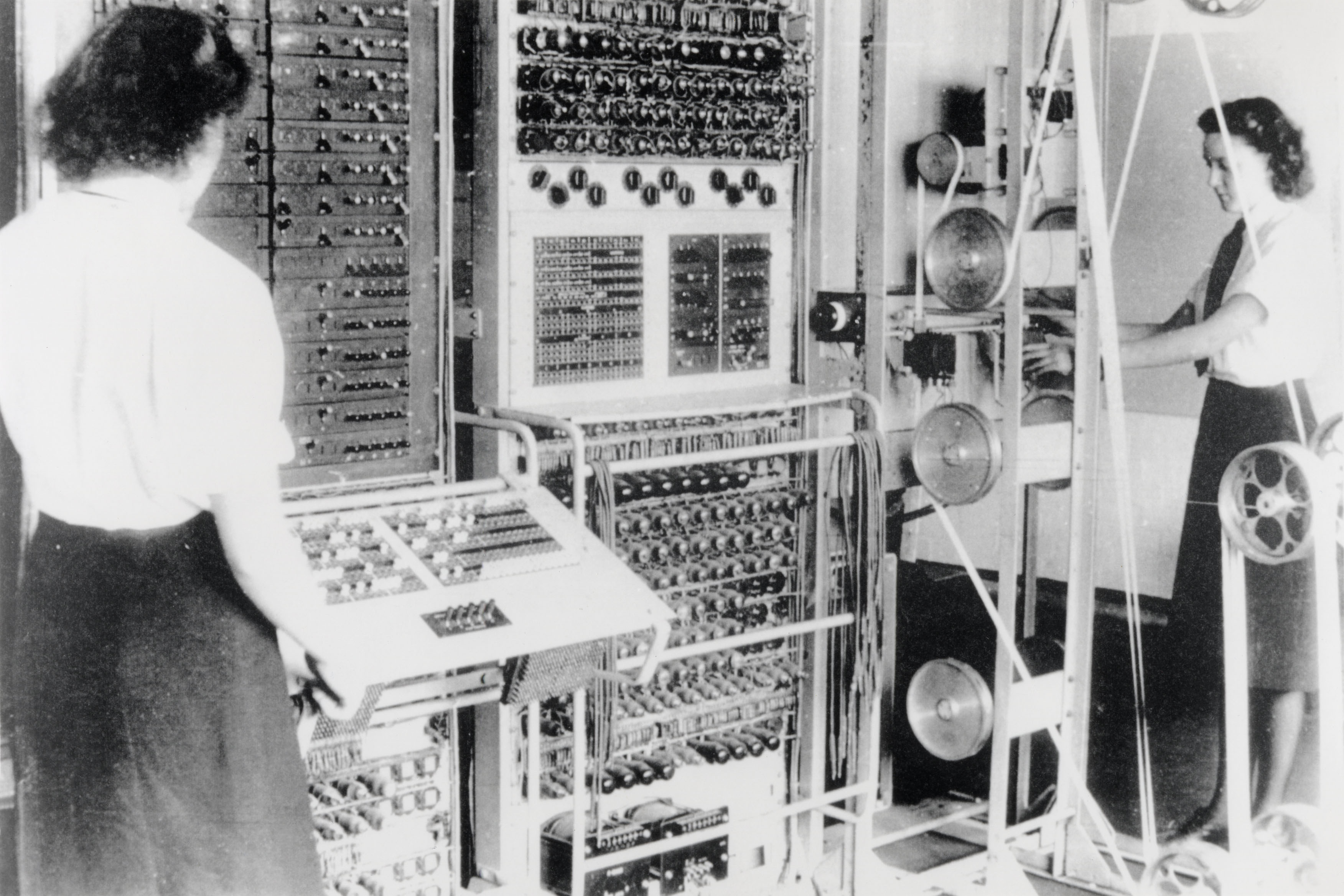
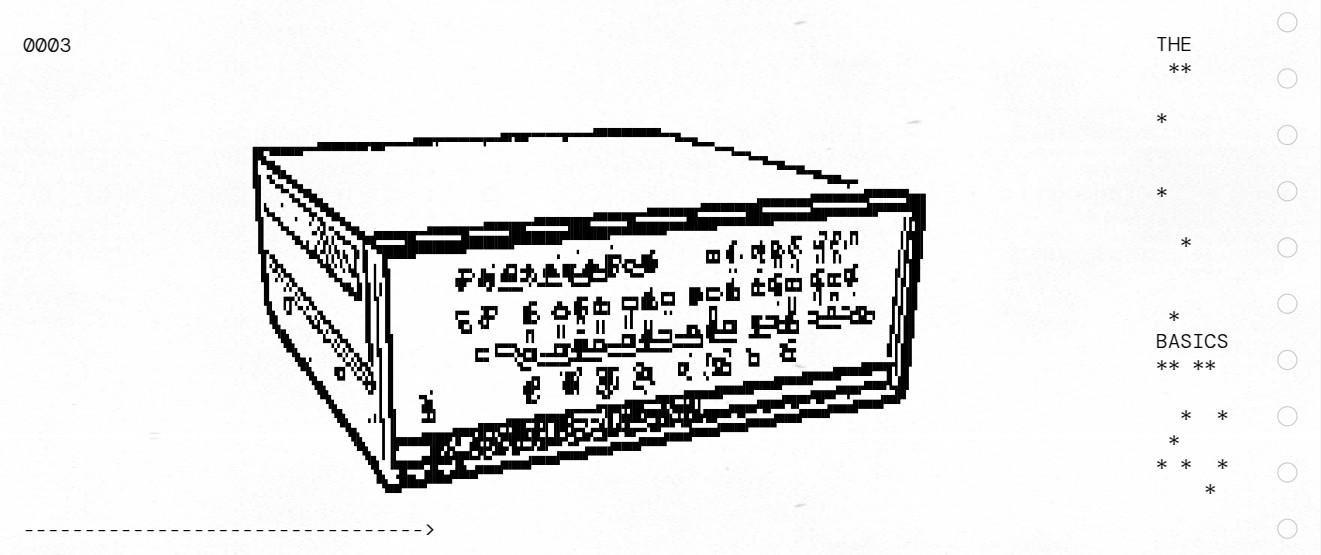























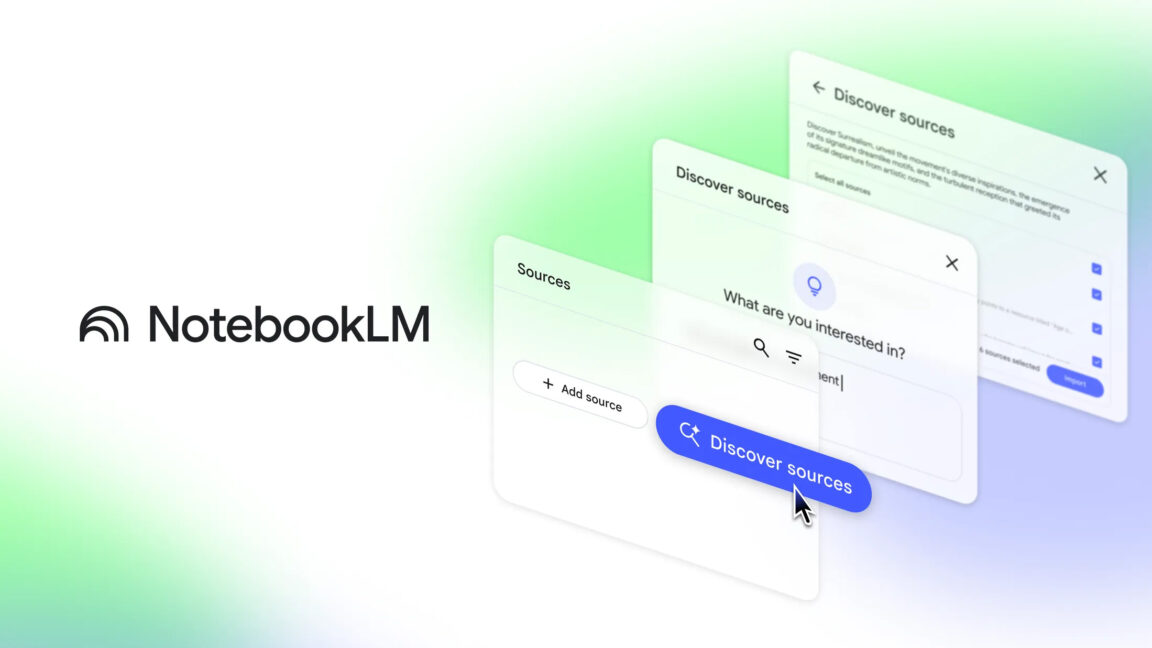



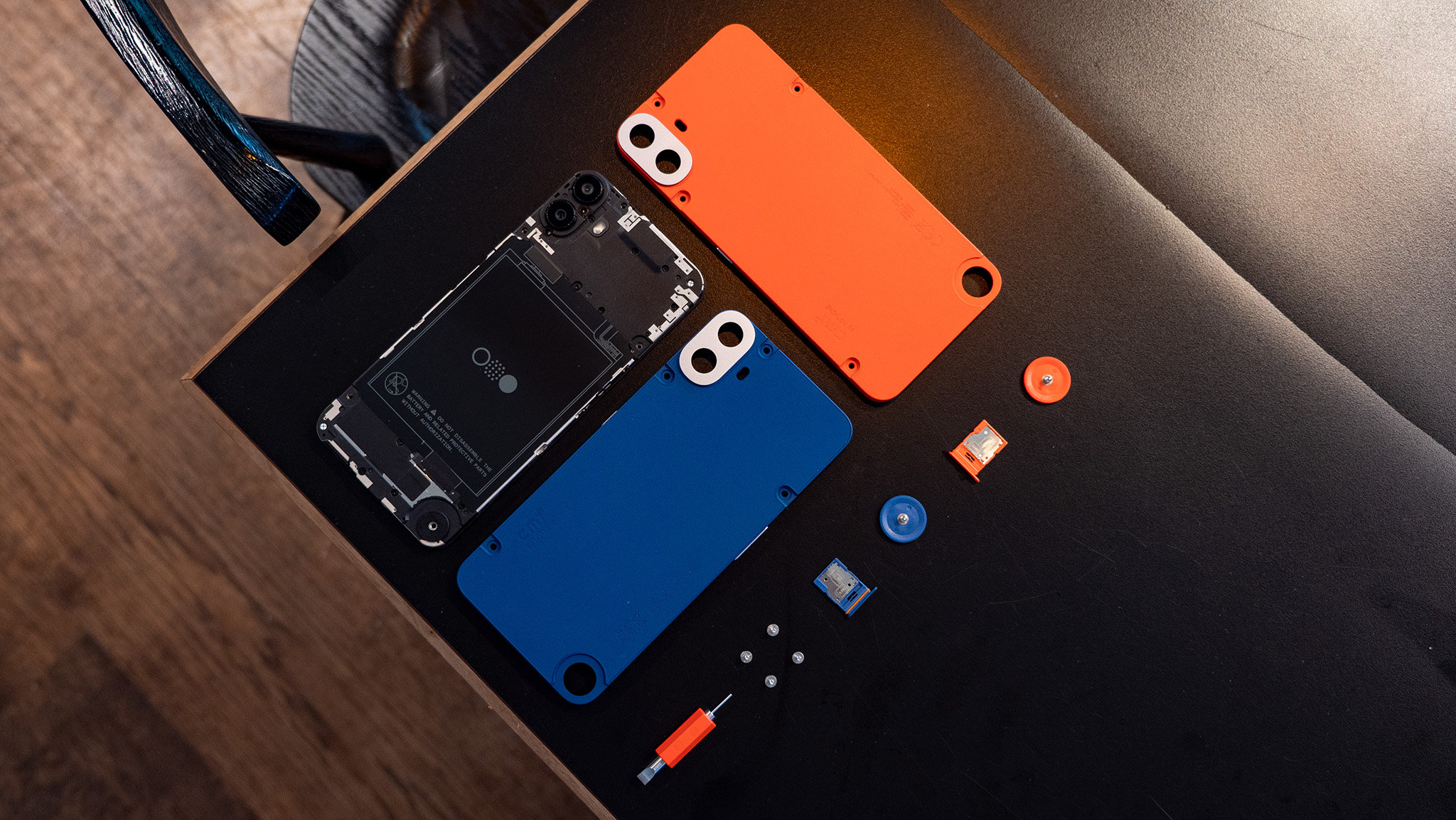



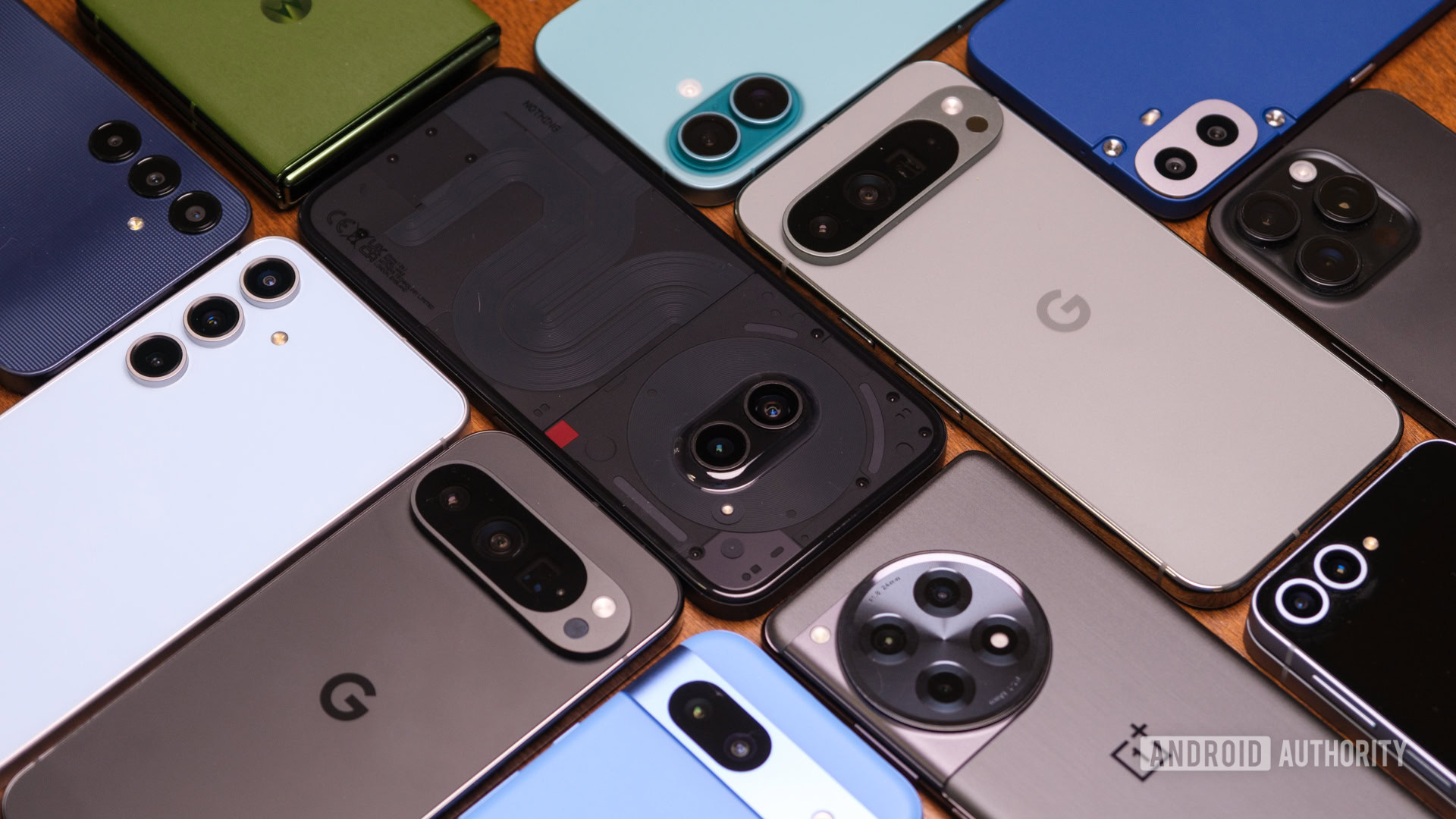




![Hands-on: We got to play Nintendo Switch 2 for nearly six hours yesterday [Video]](https://i0.wp.com/9to5toys.com/wp-content/uploads/sites/5/2025/04/Switch-FI-.jpg.jpg?resize=1200%2C628&ssl=1)
![Fitbit redesigns Water stats and logging on Android, iOS [U]](https://i0.wp.com/9to5google.com/wp-content/uploads/sites/4/2023/03/fitbit-logo-2.jpg?resize=1200%2C628&quality=82&strip=all&ssl=1)














![YouTube Announces New Creation Tools for Shorts [Video]](https://www.iclarified.com/images/news/96923/96923/96923-640.jpg)

![Apple Faces New Tariffs but Has Options to Soften the Blow [Kuo]](https://www.iclarified.com/images/news/96921/96921/96921-640.jpg)










































